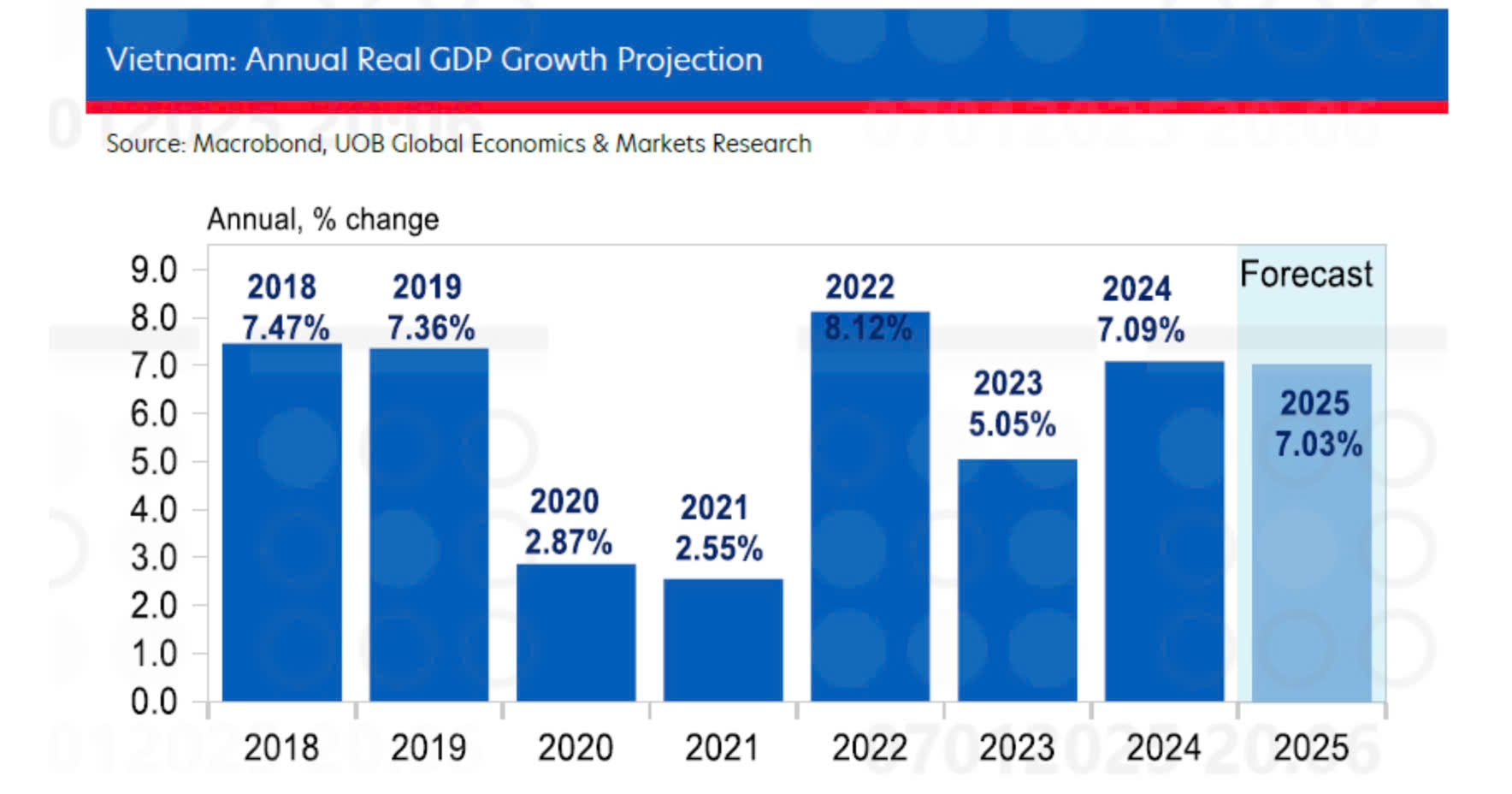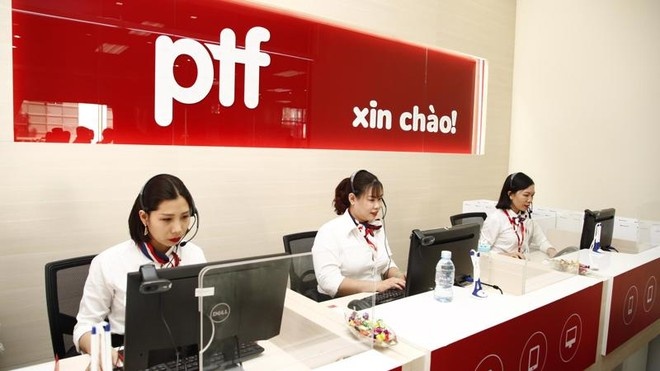BASF supports to deal with Vietnam's changing planting conditions
 The company will be primarily supplying agricultural pesticides. Leon Van Mullekom, business director for crop protection in South East Asia, shared his company’s plans for the future.
The company will be primarily supplying agricultural pesticides. Leon Van Mullekom, business director for crop protection in South East Asia, shared his company’s plans for the future.
What was the catalyst behind launching a Vietnam subsidiary?
I think our senior vice president of crop protection Raman Ramachandran, said: “Vietnam is one of the most important agriculture centres in the Asia Pacific region and Vietnamese farmers face unique challenges such as the need to increase yield and quality of crops in a sustainable manner, high quality standards and difficulty controlling and preventing weeds and diseases.”
Before the re-launch, what kind of research did the company do?
BASF has undertaken, and continues to do extensive studies of all major agricultural markets in Asia, including Vietnam. Understanding the needs and challenges farmers are facing has always been our top priority, and we now have a great set of innovations in store for Vietnamese growers.
Regarding the studies’ results, what is your assessment of the Vietnamese market’s demands?
The Vietnamese crop protection market demands innovative and high quality products to deal with the ever changing growing conditions that Vietnamese farmers face. These are major challenges, for example weedy rice, also called red rice, which is a stubborn weed that competes with rice plants and lowers yields. Insects such as brown plant hoppers are another problem that, when not controlled, can ruin an entire season’s harvest.
Vietnam is a major producer of rice, corn, coffee, fruits and vegetables and we see great potential for BASF’s innovative products in the market: our solutions can really benefit the farmers.
What are your company goals?
BASF announced a sales target of €6 billion by 2020 for its crop protection business. One important pillar of the division’s business will remain mature markets in Europe, North America and Japan. But the company expects even stronger growth from emerging markets such as Vietnam. Sales in Asia are expected to increase to €1 billion by 2020 from €525 million in 2012.
What is you target market segment?
In Vietnam we will focus on corn, rice, fruits and vegetables, as well as plantations and coffee farmers. BASF is committed to helping Vietnamese farmers tackle problems like weeds and insects, and offers them a wide range of products tailored to their needs. These include the company’s AgCelence products, for example the fungicide Headline, which offers excellent disease control, as well as improved yield, stress tolerance and quality of crops.
Cabrio Top is an effective fungicide protecting fruits and vegetables such as tomato, cucumber, mango, citrus and watermelon from harmful diseases and therefore increasing the marketable quality of crops and income of the farmers.
Currently the Vietnamese crop protection sector is primarily local and FDI companies. What makes BASF different from other companies?
BASF is different because of our scale and research efforts. BASF’s crop protection business is integrated into the world’s leading chemical company, giving us access to a wider range of technology than other competitors have available.
BASF spent €1.73 billion on research last year, out of which €430 million were invested in research for our agriculture division.
It’s known that sustainability is at the core of your daily business. What are your key measures and how do you apply these in Vietnam?
BASF adheres to the responsible and ethical management of all its crop protection products throughout the entire life cycle, from research and development, through use and final disposal of empty containers. Many of its Product Stewardship activities go beyond regulatory requirements.
Sustainability has always been one of BASF’s key strategic business pillars. However, many individual business projects have shown us that the farmers, the professional agricultural community and the value chain are eager to work together to make food and biofuel production more sustainable.
We took these activities to the next level by setting up a team dedicated to sustainable agriculture that brings together agronomic, technical and marketing expertise. This team ensures that activities and tools such as AgBalance continue to provide value for our customers and other partners.
BASF has a dedicated team in Asia which is leading our sustainability work for the region. Our local team in Vietnam will follow our strict sustainability guidelines, just as our teams in any other country.
Again, we are very exited about the opportunities in Vietnam, and we believe in a great future for our products in Vietnam.
What the stars mean:
★ Poor ★ ★ Promising ★★★ Good ★★★★ Very good ★★★★★ Exceptional
Latest News
More News
- Coteccons honoured with 'VNR Top 50 Vietnam' award for seventh year running (January 09, 2025 | 15:31)
- Vietnam strives for ambitious outcomes (January 08, 2025 | 18:00)
- Labour market equipped to take its next major leap (January 08, 2025 | 16:40)
- Assessing growth drivers in 2025 through expert lenses (January 08, 2025 | 16:35)
- Uber rival Bolt to make foray into Vietnam's ride-hailing market (January 08, 2025 | 15:38)
- Vietnam SuperPort and strategic partners develop rail logistics (January 08, 2025 | 09:37)
- Pharma seeks tech transfer incentives (January 07, 2025 | 16:00)
- AstraZeneca joins efforts for universal health coverage (January 07, 2025 | 14:53)
- GDP growth beats forecasts to reach 7.09 per cent in 2024 (January 07, 2025 | 09:25)
- High goals set for import-export (January 05, 2025 | 08:00)
















 Mobile Version
Mobile Version